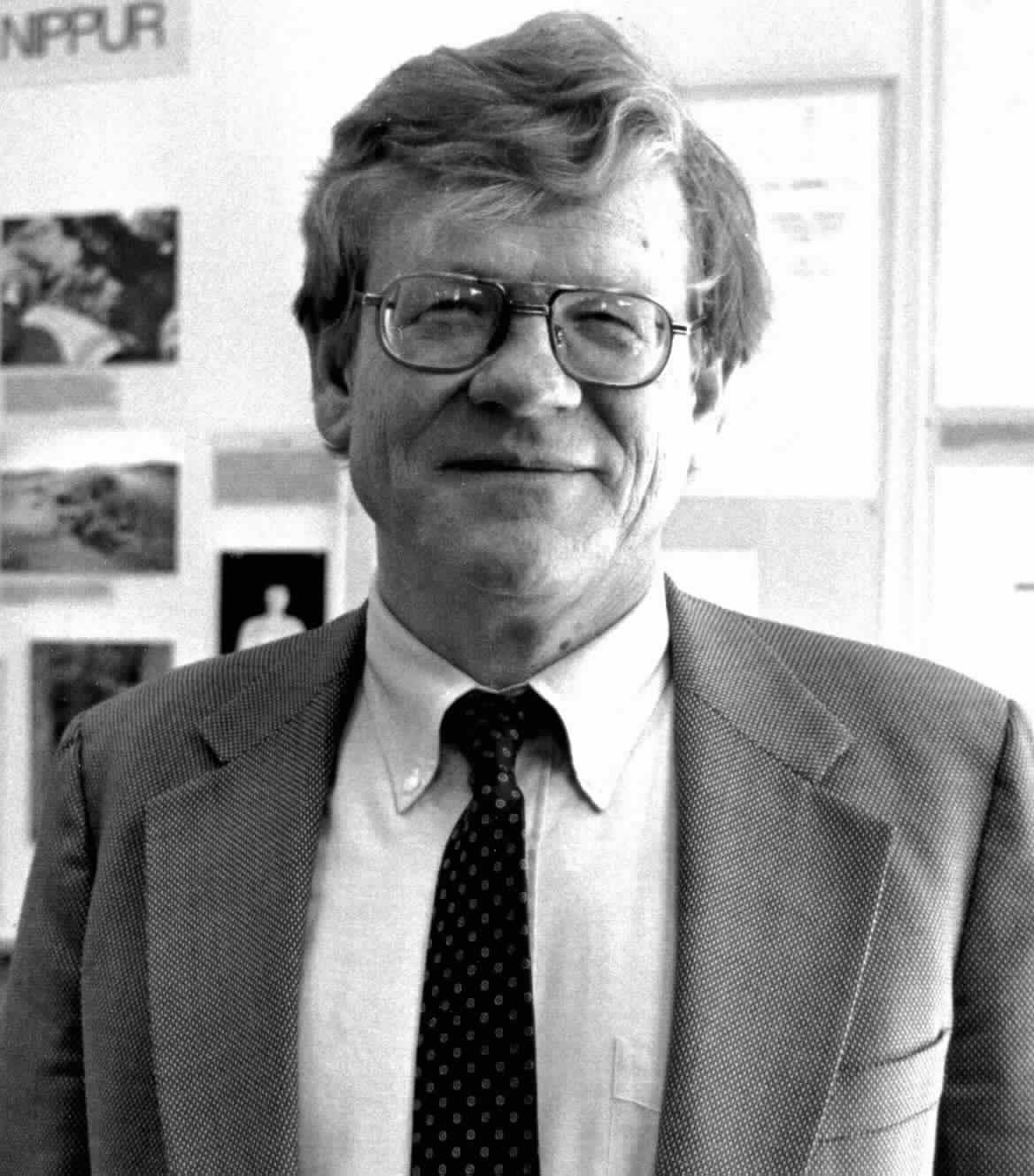 Honorable
Ramsey Clark, former Attorney General of the United States
Honorable
Ramsey Clark, former Attorney General of the United States
 Professor
Laura Nader, UC, Berkeley
Professor
Laura Nader, UC, Berkeley Professor
McGuire Gibson, Oriental Institute, U of Chicago
Professor
McGuire Gibson, Oriental Institute, U of Chicago
According to reports by United Nations and Human Rights agencies,
each month an estimate of about six thousand Iraqi children perish from
sanction related causes. That is, 133 children each day, nearly 50,000 a
year die from complications from malnutrition and sewage contaminated
water, from diarrhea, pneumonia and diseases like polio, cholera and
typhoid. The proportional equivalent for the United States would be 69,000
children dying a month.
Other bombings (Serbia, Sudan, Afghanistan), and dramas (Lewinsky,
Princess Diana) diverted media and public attention although the bombing
of Iraq continued uninterrupted -- a war of attrition against Iraq, its people,
its society, its culture and its heritage became a footnote to the news. Mrs.
Albright was asked whether US policy goals were worth the genocidal
deaths of Iraqi civilian people. Without hesitation, she said "yes".
This policy of destruction of life and civilizational legacy of Iraq presents
a challenge to anthropology. Will anthropologists, particularly those who
made careers out of studying Iraq and the rest of the Middle East, remain
silent and indifferent, or remain true to anthropological ethics and,
research responsibility? What can anthropology contribute after a century
of extensive cross-cultural ethnography on war, colonialism, power
relations, archeology, justice, and law? What is the role of the science of
humankind? Violence and the culture of dominance in local and global
context need to be examined critically not ethnocentrically. Using our most
valuable methodological tools and theoretical insights can we contribute to
alternative policy guidelines with regard to the Middle East?
This Public Policy Forum -- Violence Against the Middle East -- began
with a keynote address by former US attorney general, Ramsey Clark.
Ramsey Clark served as US Attorney General in the Johnson
administration. He is an international lawyer, human rights campaigner
and author. Clark is the founder of the International Action Centre (IAC),
an organization that condemned the US-led war coalition against Iraq and
the continuing sanctions. "motivated by a broad vision of radical social
change as an alternative to the current society's class domination by the
military-industrial complex." Among his publications, The Fire This Time ,
Medal of Dishonor, The Children Are Dying, War Crimes.
Ramsey Clark addressed violations of international law and human
rights and violence against Middle East populations, with a focus on the
situation in Iraq. This keynote address was followed by a slide
presentation by Professor McGuire Gibson, of the University of Chicago, of
aspects of the archeology of Iraq and other areas of the Arab region in the
context of military and sanctional violence. He describes the destruction
of the mind and psyche of the Iraqi people and their cultural heritage,
including standing monuments and archaeological sites and the crisis caused
by the boom in the illegal antiquities market since the Gulf War, focusing
mostly on Iraq, but will also survey the situation in the rest of the Near East.
Professor Gibson is Founder and President of the American Institute for
Yemeni Studies. Among his publications are "The Origin and Development of
Sumerian Civilization and its Relation to Environment"; "The Archeological
Uses of Cuneiform Documents"; "The Breakdown of Ancient Desert
Civilizations"; and "Patterns of Occupation at Nippur."
Finally, Professor Laura Nader, anthropologist at the University of
California, Berkeley, discussed the issues of silence and complicity and
the silencing of those who might use anthropological insight to critique
events related to the Middle East and Iraq in particular or even to enlighten
the public as to the life and culturesof the peoples of the Middle East.
Anthropologists are not always either silent or complicitous. What makes
the difference? The title of Nader's presentation is: SILENCE AND
COMPLICITY: DO ANTHROPOLOGISTS REFLECT THE POLITICAL HEGEMONY? OR
CAN WE STAY FREE OF HEGEMONY? Laura Nader 's current work focuses on
how central dogmas are made and how they work. Recent publications
include Harmony Ideology - Justice and Control in a Zapotec Mountain Village
(1990) and Naked Science - Anthropological Inquiry Into Boundaries, Power,
and Knowledge (1996). Dr. Nader has carried out fieldwork in Mexico, the
Middle East, and the United States.She is a member of the American
Academy of Arts and Sciences.
Following the formal presentations the floor opened to discussion and
debate generated by this forum to address the role of anthropology in
public (foreign) policy issues. Session organizer Professor Fadwa El Guindi,
anthropologist at the University of Southern California, will moderate the
discussion. The session has been co-chaired by Professor Jane Hill,
anthropologist at the University of Arizona and President of the American
Anthropological Association and Professor El Guindi, President of the Middle
East Section of the American
Anthropological Association.
This Public Policy Forum: Violence Against the Middle East was held
during the annual meetings of the American Anthropological Association,
in Chicago. The session took place at the Chicago Hilton & Towers in
the International Ballroom N, Second Floor, on Thursday, November 18,
1999, 4:00 p.m. - 6:15 p.m.